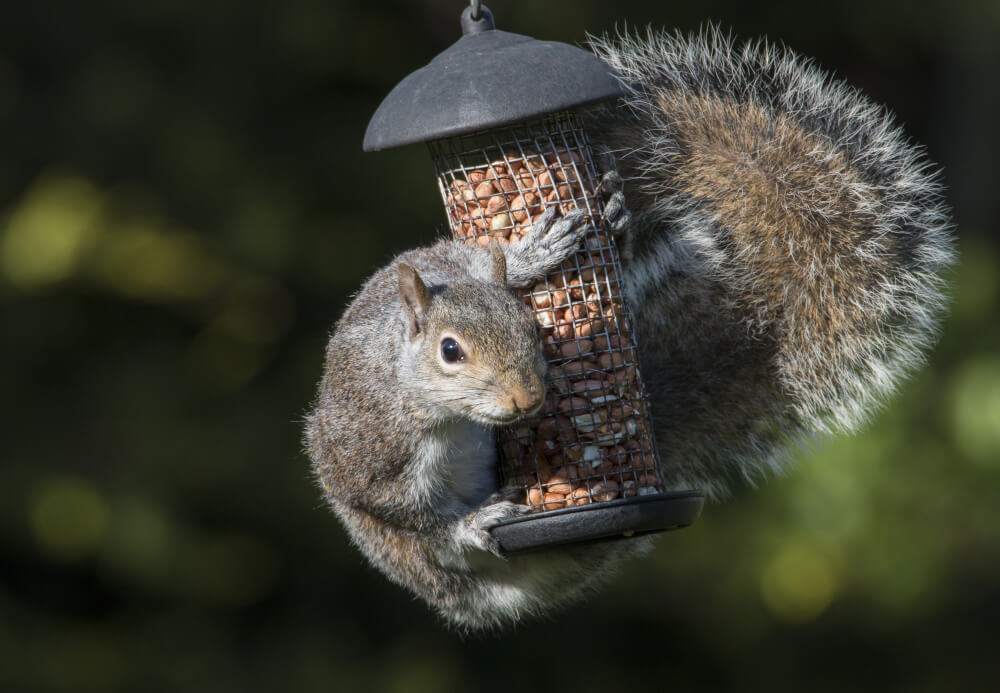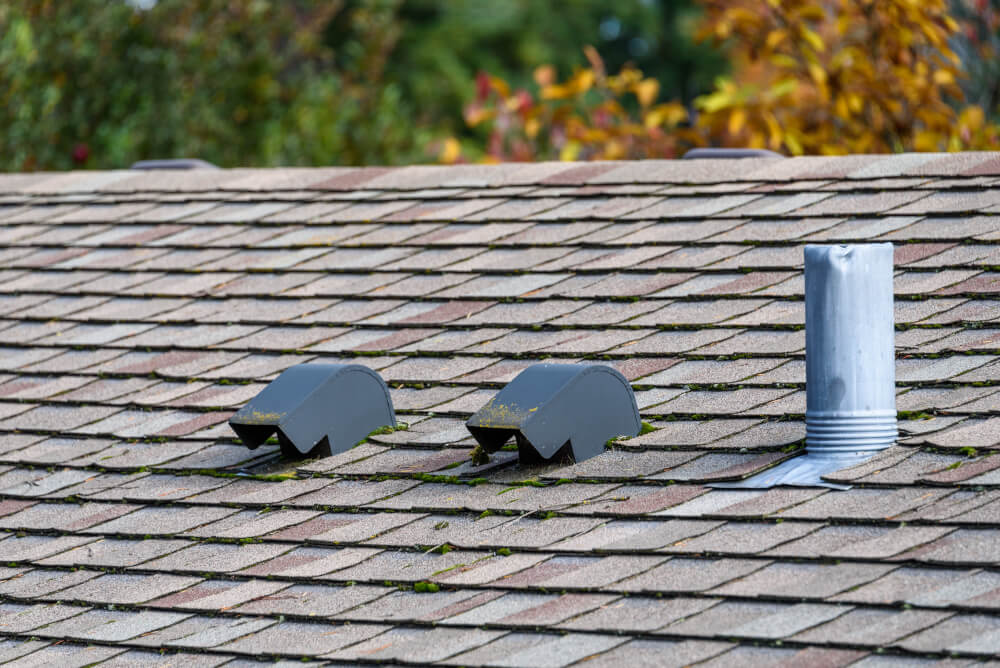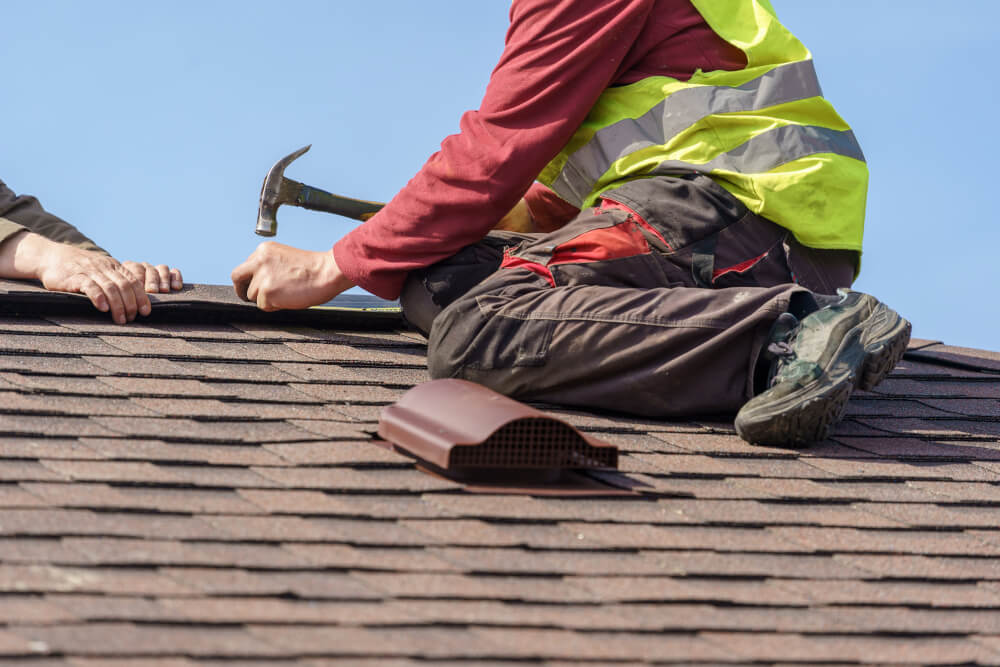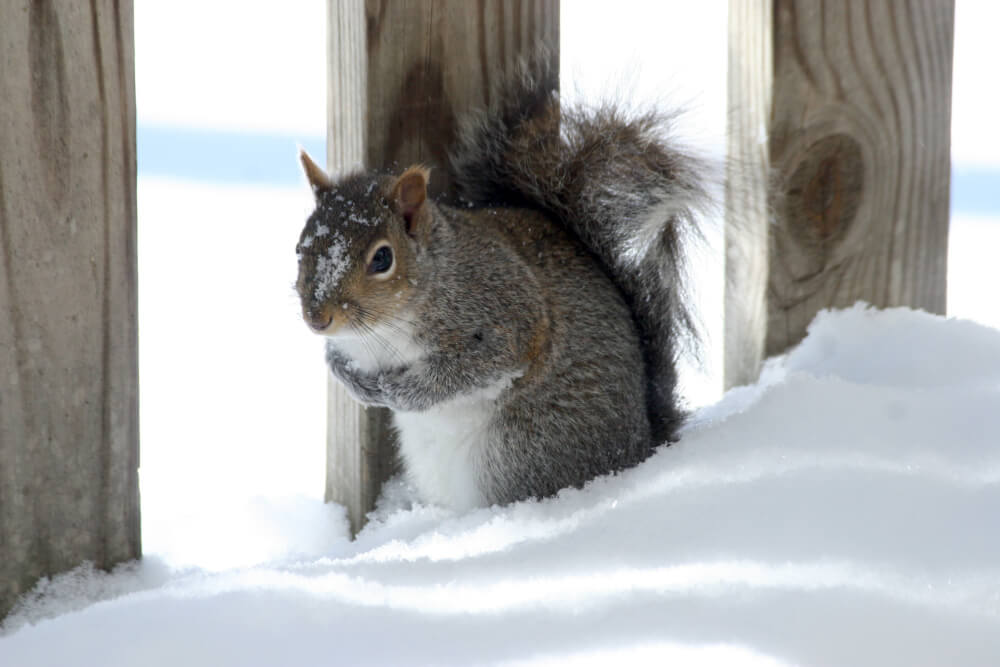Do squirrels hibernate? Where do animals go in the winter? Most animals stay active throughout the colder months, but many will break into homes for shelter.
Squirrels, raccoons, mice, bats, and other urban wildlife are attracted to human structures for their warmth and proximity to food. Attics, decks, and sheds are especially susceptible when the temperature falls. In some cases, the critters go unnoticed for several weeks. Housing wildlife however may cause thousands in damages and put you at risk of illness or injury.
Here’s how you can keep wildlife from denning in your home this winter.
Remove Food Sources

Animals are attracted to properties where they can find food. So, pick up every berry, fruit, or vegetable that is in the yard and dispose of it properly. Use lidded garbage cans and tie them down with bungee cords to prevent animals from getting inside.
Put away the bird feeder in the fall, or switch to a suet feeder that you can hang far away from the house. Store grass seed and fertilizers in sealed plastic bins. You should also avoid leaving any pet food outside because it will attract wildlife.
Protect the Deck and Shed
Skunks are unlikely to get into the house, but they like to den under decks and sheds. Make sure that there are no gaps in these structures. For bonus protection, dig a trench around them, about a foot deep, and secure a half inch, steel mesh into their sides. Having a mesh underground will keep skunks from digging underneath.
Cover Vents with Mesh

Rodents have no problem chewing through plastic wall vents. Cover these with a quarter inch steel mesh that is 16-gauge or thicker. Simply screw the material right into the wall. Rodents will be unable to chew through the mesh and get inside the house.
You can also cover weep vents, those little gaps between bricks, with stainless steel covers from the hardware store. Plastic covers can be chewed.
Cap the Chimney
Raccoons look at chimneys like hollow trees like an oak tree or a mango tree. Cap your chimney with mesh if you can reach it safely. If not, contact a local wildlife removal company for help. The mesh should be thick enough that it cannot be chewed, and it should be screwed into the chimney securely so that raccoons cannot tear it off.
Clean the Gutters and Rake Leaves
Squirrels use leaves and twigs as nesting materials. Having stuffed gutters and leaves all over your property will attract the animals to your home. Clean out the gutters in the fall, then rake the leaves and bag them. You can use leaves as compost or dispose of them in accordance with your municipality’s organic waste program.
Protect the Soffits
Check out your soffits and seal any gaps you find between them and the walls of your home. Mice and bats can crawl through these gaps to reach the attic. Seal these with caulking or mesh.
Also, if you have soffits that meet roofing below, you should consider covering them with mesh. Raccoons will push through them while standing on the roof. Squirrels can also chew their way through.
Trim Tree Branches
Tree branches that hang over the roof provide a bridge for wildlife to reach the roof. From there, they can chew their way through roof vents or tear their way through the sides of the roof. Trim back any branches that hang over the roof or that hang near it.
Make Roof Repairs

Maintaining the roof is important for keeping the attic dry but also for keeping wildlife out. Stay on top of your roof repairs so they don’t find a way in. Roofs separate with age, creating gaps and weaknesses that wildlife can abuse to get into the attic.
Hire a Wildlife Removal Company
Wildlife removal companies offer exclusion services in addition to wildlife removal. If you need help getting on the roof, or if you’re not sure what you need, contact a professional for help. A technician will perform an inspection and offer to cover every single weak spot, so that animals don’t hibernate on your property. Look for trusted companies that offer warranties with their work.

